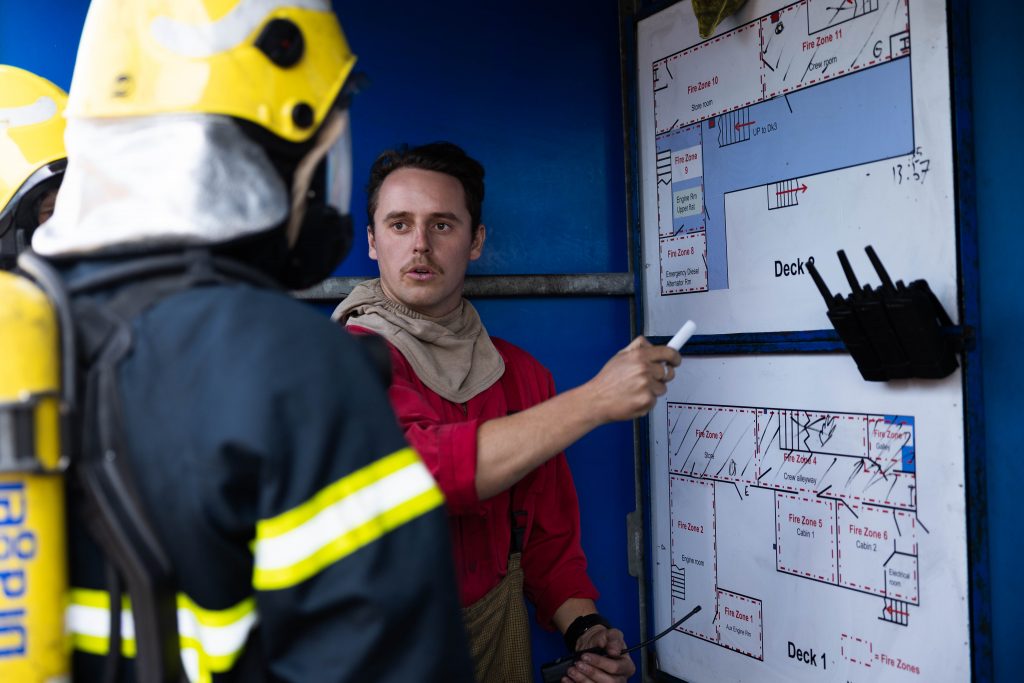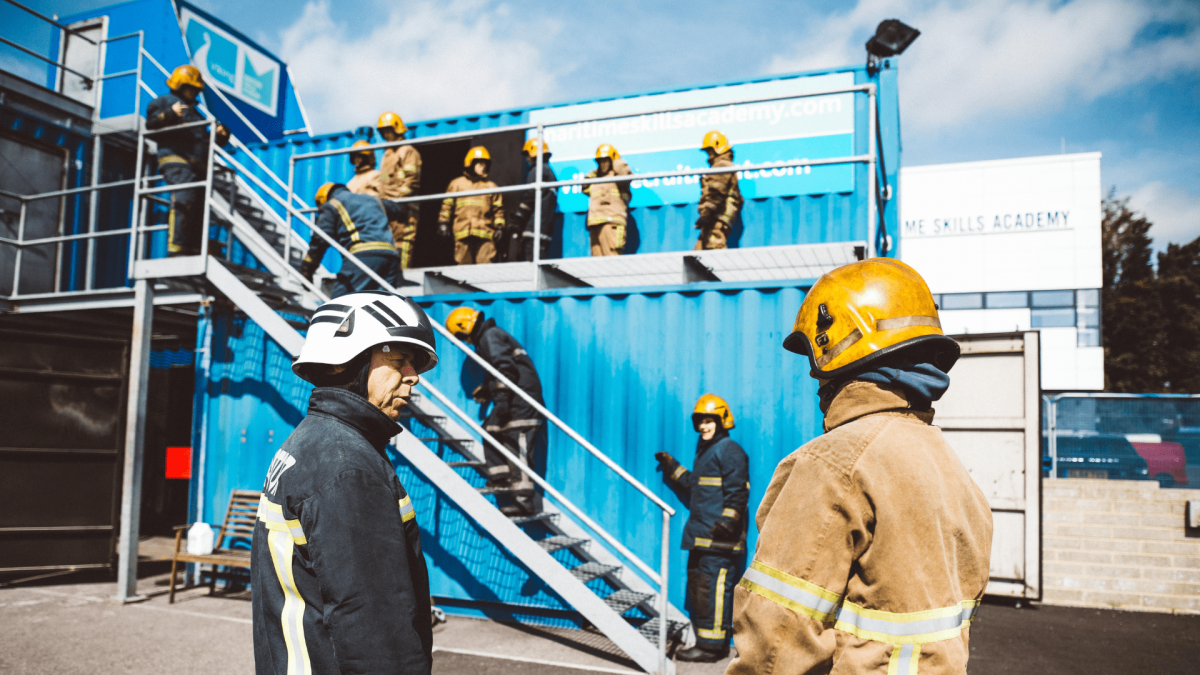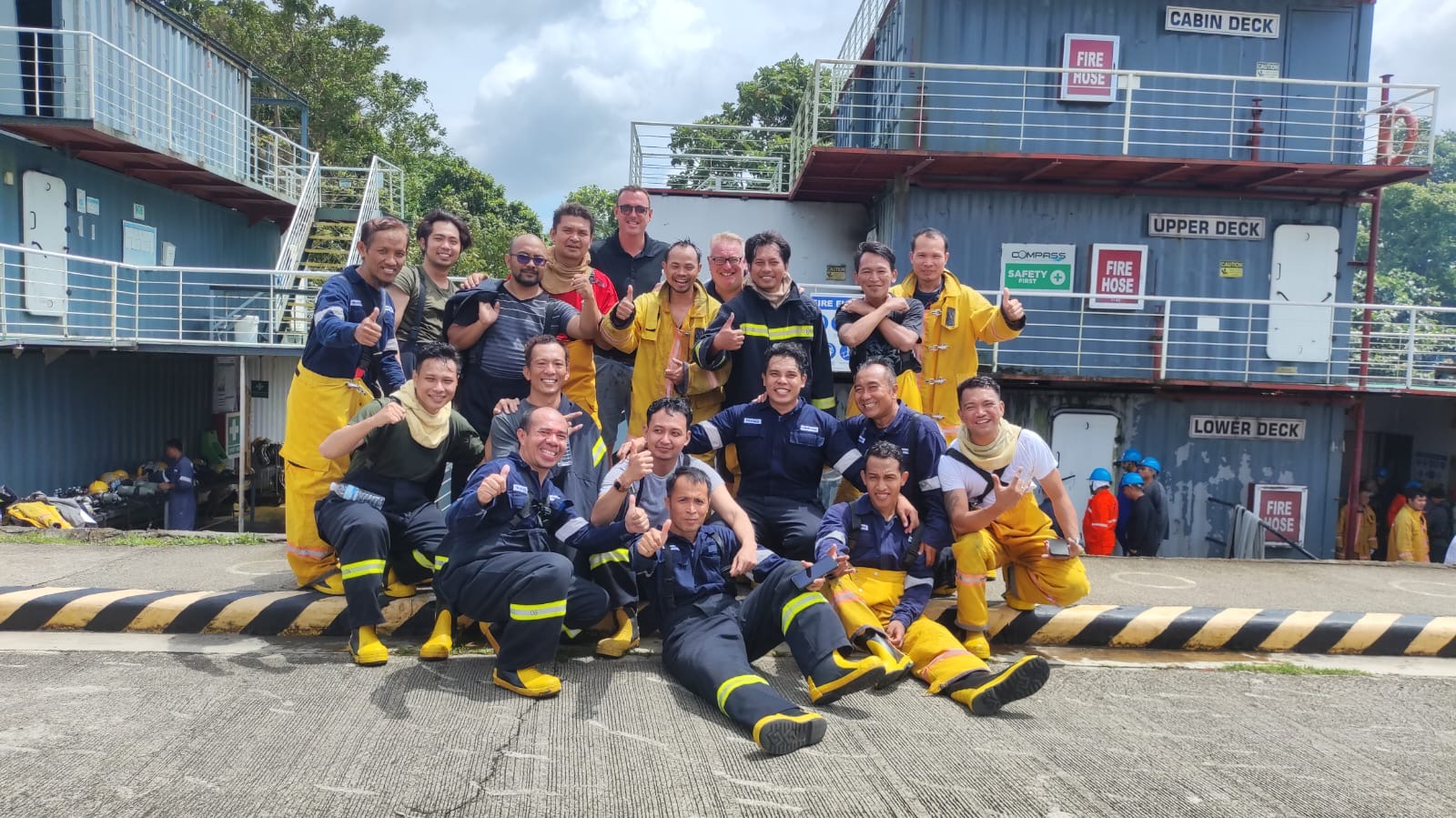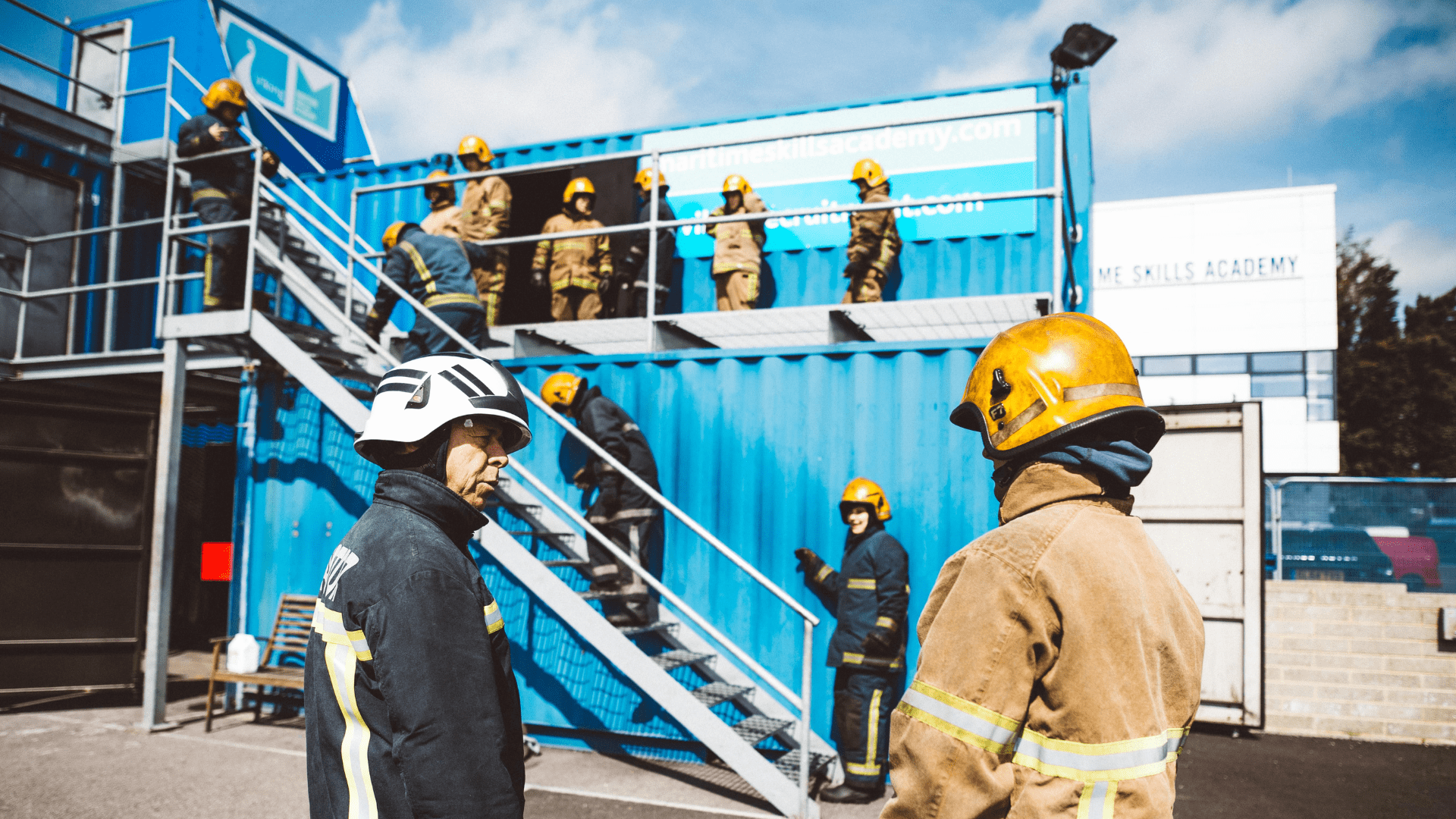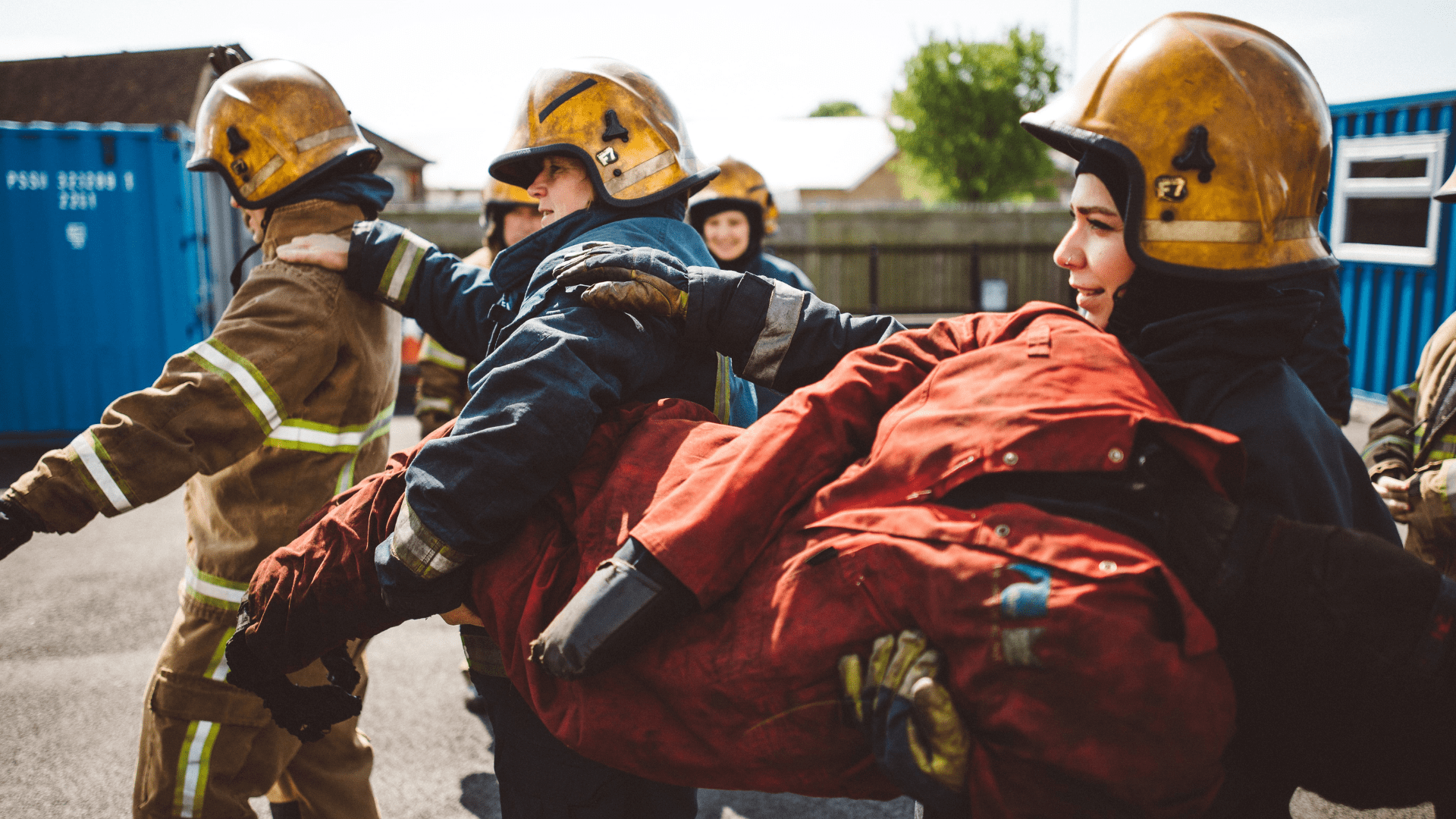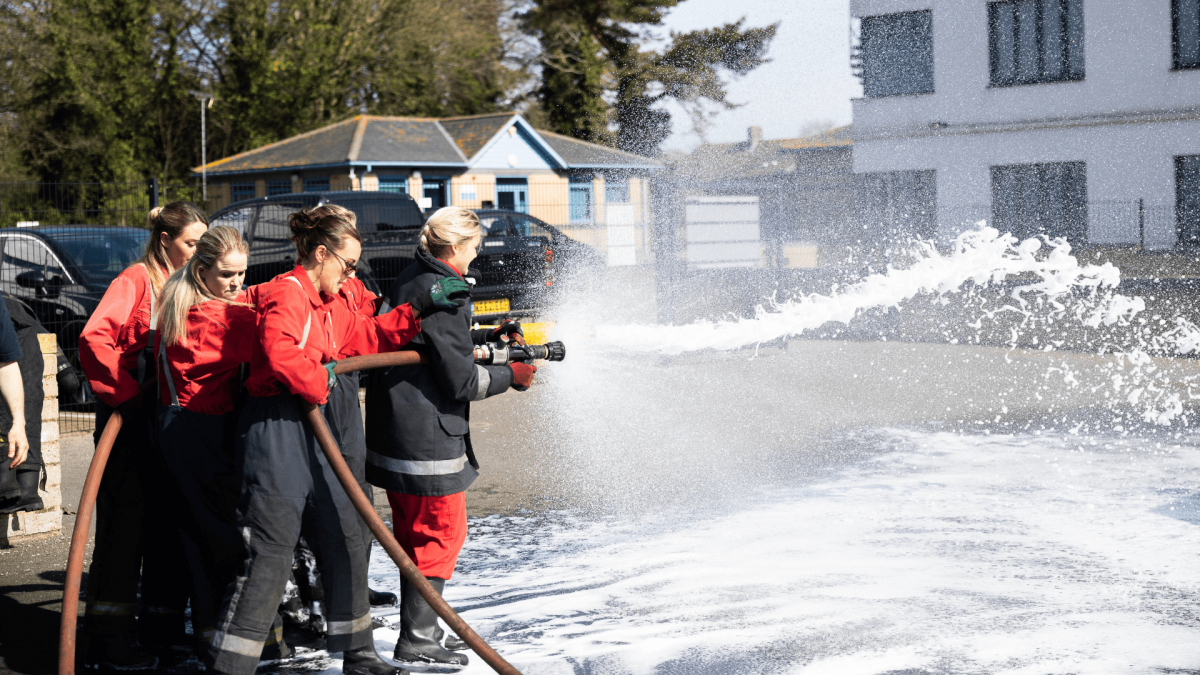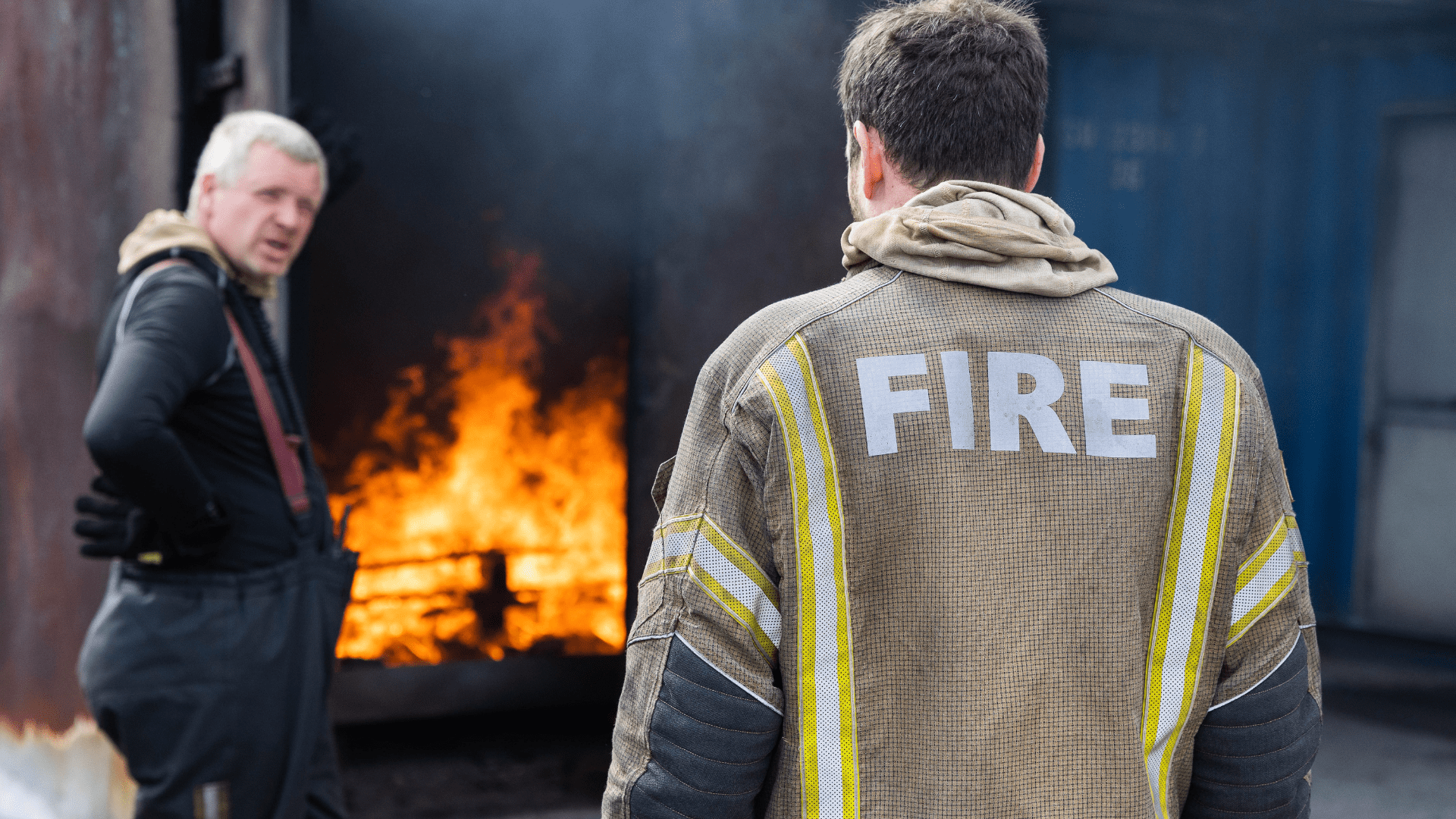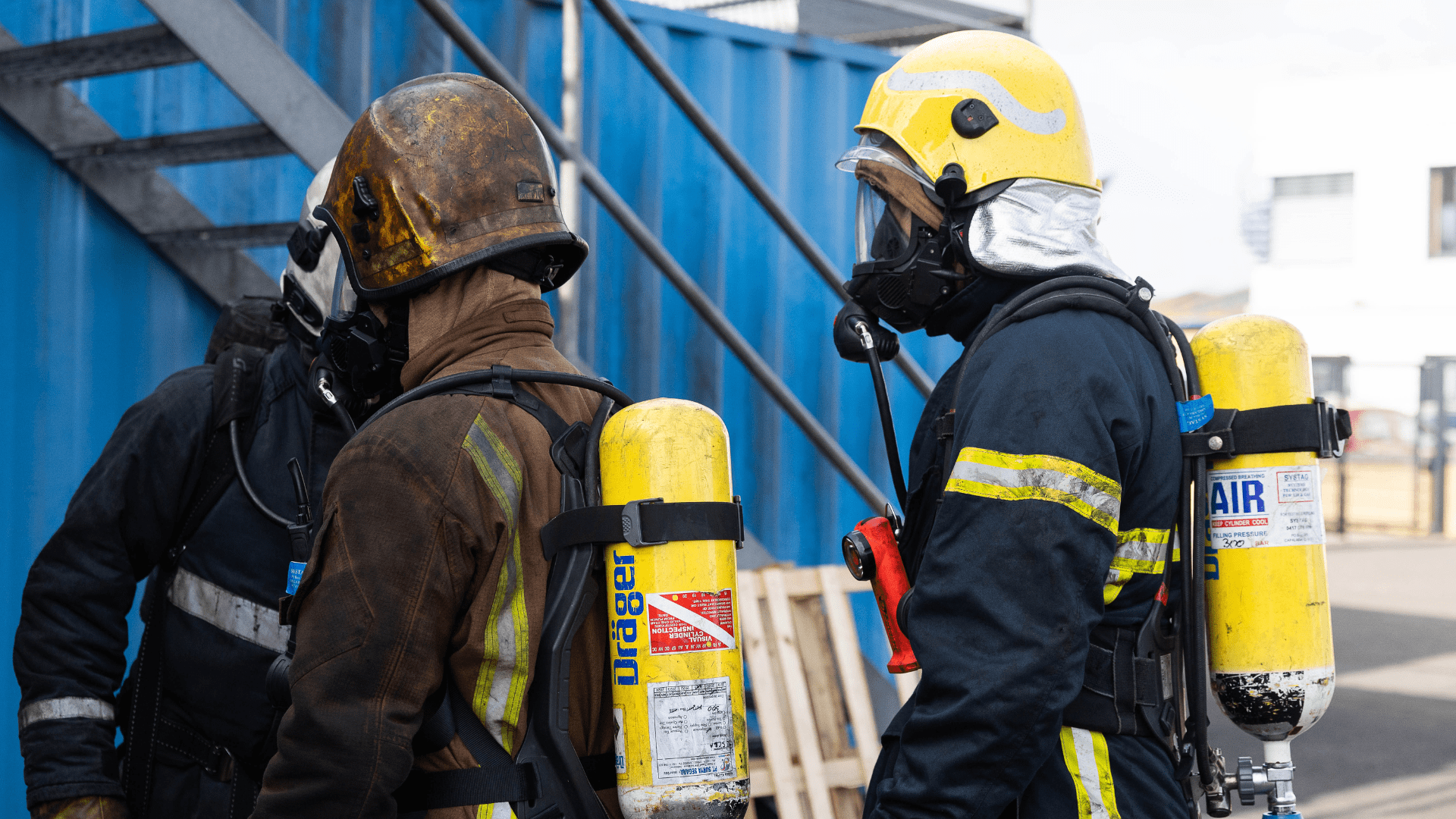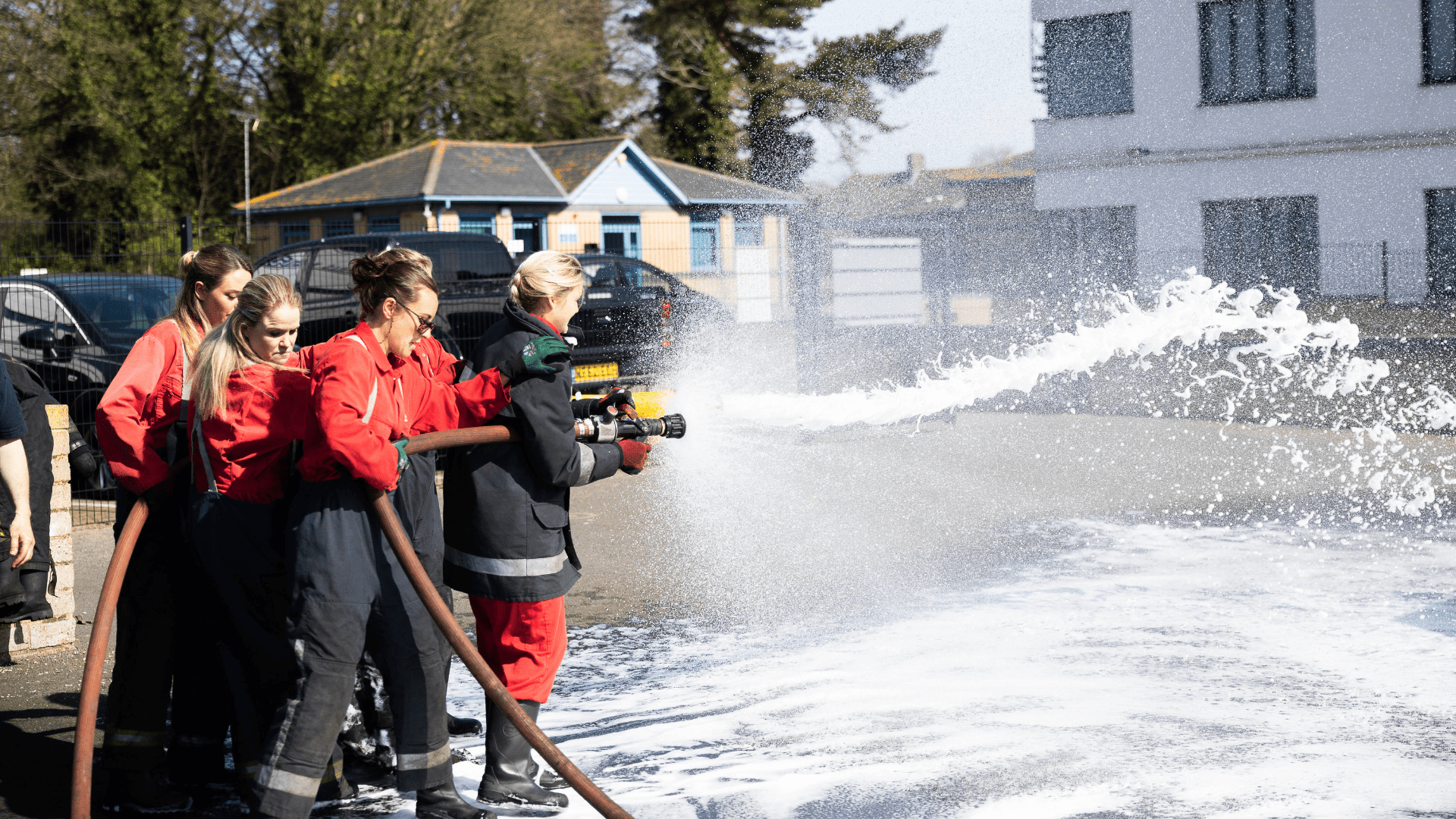Fire onboard a ship is one of the most dangerous emergencies crew can face. It threatens lives, disrupts operations, and can cause catastrophic damage to the vessel and the environment. This is why comprehensive and realistic firefighting training is crucial for all seafarers. The Maritime Skills Academy (MSA) has world-renowned training centres that equip maritime professionals with the skills and confidence to tackle fire-related emergencies effectively. In this blog, we’ll explore the importance of Operational Firefighting training and how the MSA prepares its delegates for this critical aspect of maritime safety.
Understanding the Risk of Firefighting at Sea
The enclosed environment of a ship, the presence of combustible materials, and the potential for rapid fire spread make firefighting at sea uniquely challenging. Unlike on land, seafarers cannot rely on immediate external help; they must be self-reliant and capable of containing and extinguishing fires. This necessitates rigorous training to ensure every crew member can respond swiftly and effectively to a fire emergency.
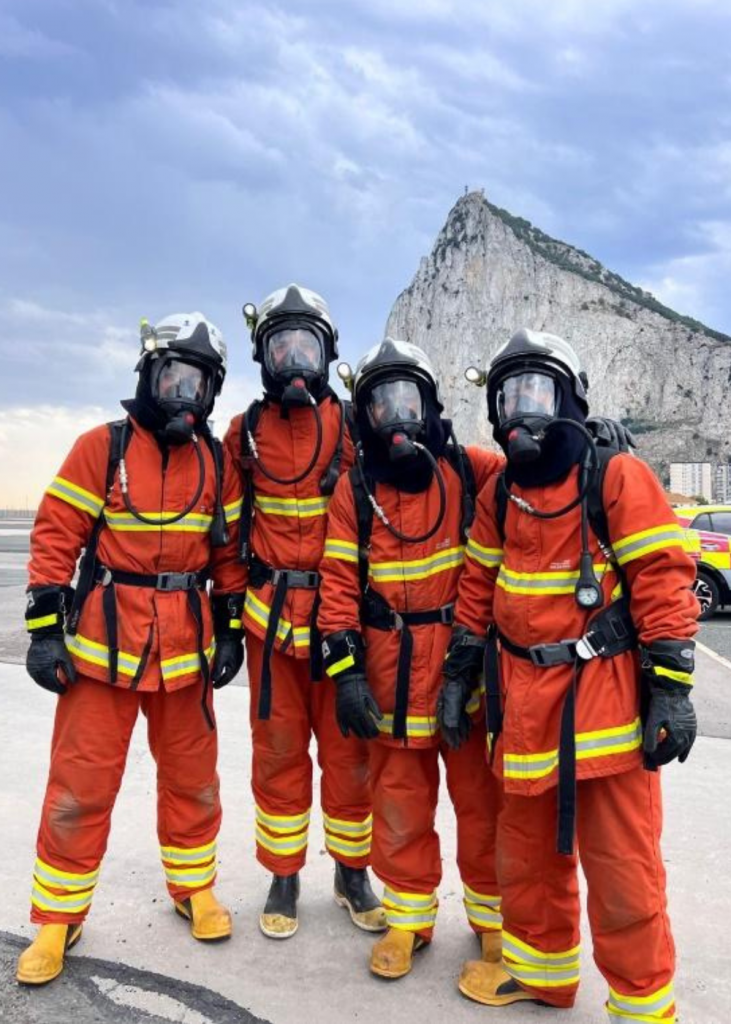
The Importance of Teamwork and Communication
Effective firefighting at sea is not just about individual skill; it’s about teamwork and communication. The confined and hazardous environment of a ship requires all crew members to work in harmony, follow procedures, and maintain clear communication. MSA’s training emphasises these aspects, ensuring that delegates are proficient in firefighting and capable of working as part of a cohesive team.
The Maritime Skills Academy’s Approach to Operational FireFighting
The MSA offers an Operational Fire Fighting training programme completely tailored to incorporate a vessel’s safety management system and emergency response procedures. A full consultation is carried out before training to ensure a beyond-compliance training programme is delivered specific to the client’s needs.
The training is hands-on, with fire teams being exposed to highly realistic fire scenarios, helping them develop the skills to make fact-based decisions on the front line, while enhancing their communication abilities.
Senior Officers are invited to participate, focusing on command and control and delivering clear and effective briefings and debriefings to the teams. This is the ideal environment to learn from mistakes, with expert instructors providing guidance at every stage.
Crew will gain greater confidence with both their equipment and procedures, leading to faster response times in real-life situations on board.
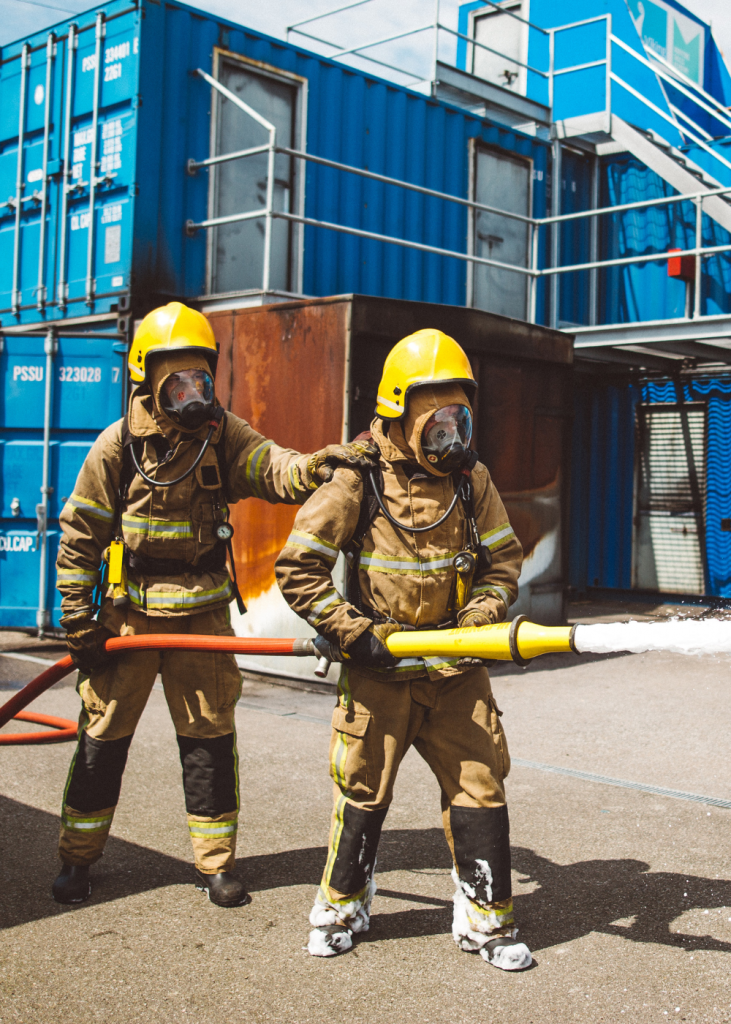
The training is immersive, simulating real-life conditions, including various scenarios, such as engine room fires, accommodation fires, and galley fires. These setups provide a realistic setting for delegates to practice using firefighting equipment, handling smoke and heat, and navigating confined spaces.
Operational Firefighting training at the Maritime Skills Academy is critical to maritime safety. It prepares seafarers to tackle one of the most formidable challenges they may face at sea.
With its experienced instructors and realistic training scenarios, the MSA ensures that its delegates have the skills, knowledge, and confidence to protect themselves, their crewmates, and their vessels from the devastating impact of onboard fires. Investing in Operational FireFighting training in addition to mandatory STCW training is vital to ensure safety at sea.
Offering bespoke Operational Firefighting training from multiple locations, including Dover, Gibraltar, and the Philippines, makes the MSA accessible to many.
For more information on Operational Firefighting training, click here
Additional Fire Safety Courses Available at the Maritime Skills Academy:
• STCW Fire Prevention & Fire Fighting Training Course (FPFF)
• STCW Updated Proficiency in Fire Prevention & Fire Fighting Training Course (UFPFF)
• STCW Advanced Fire Fighting Training Course (AFF)
• STCW Updated Proficiency in Advanced Fire Fighting Training Course (UAFF)
